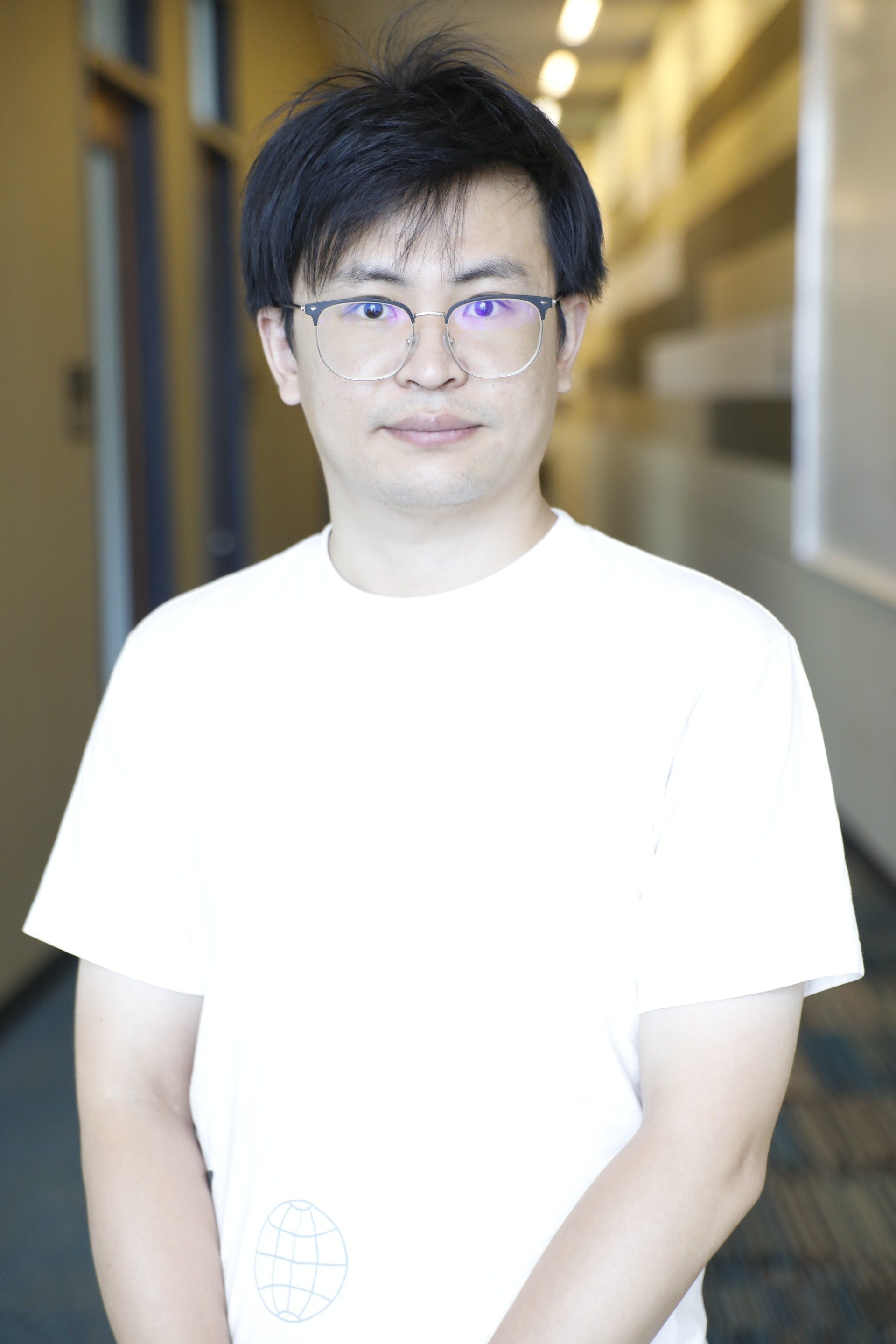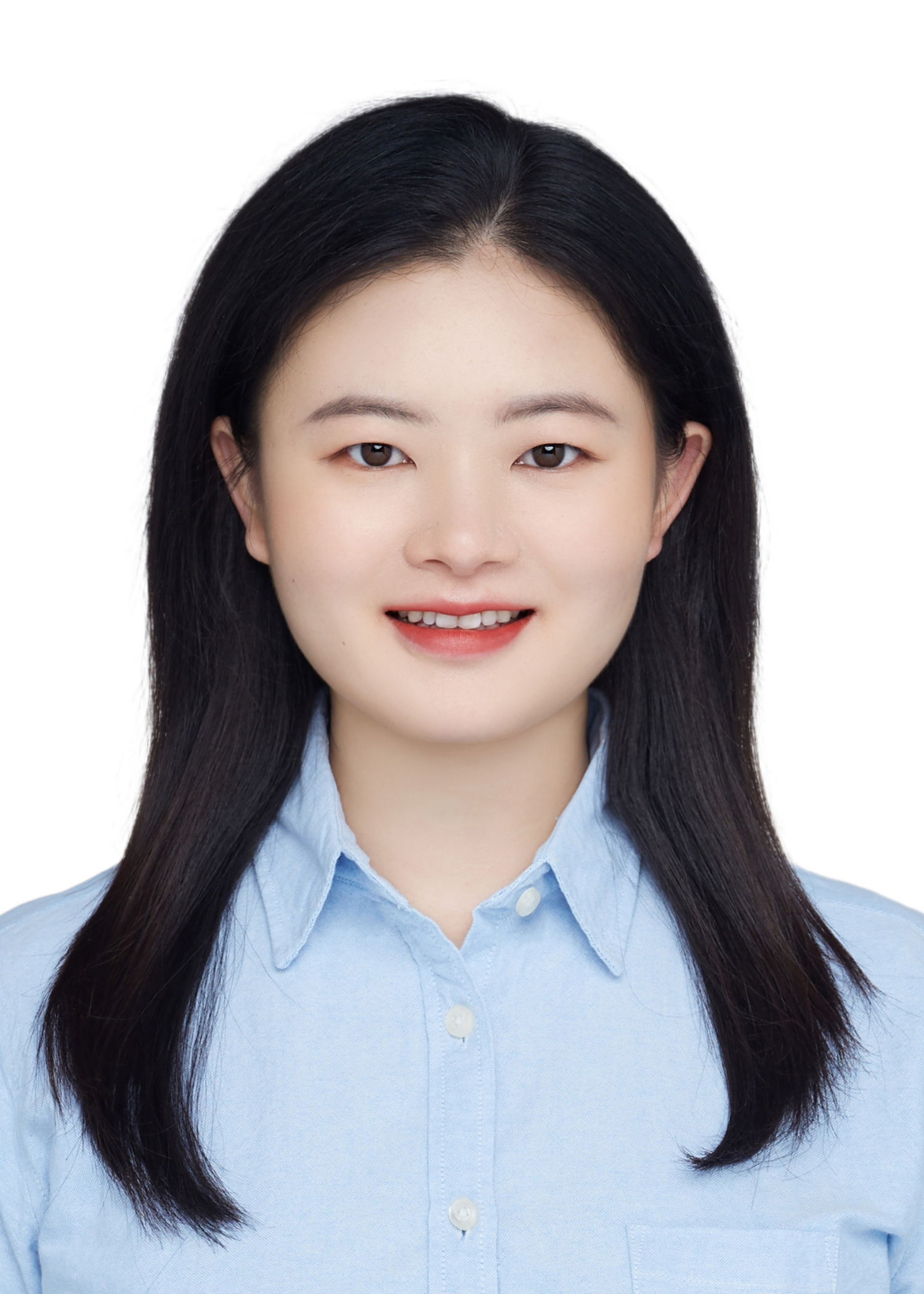Scholars of Excellence
Chih Foundation Research & Publication Award
The Chih Foundation recognizes groundbreaking research with transformative potential to greatly benefit society. The award seeks to support exceptional third- or fourth-year Science, Engineering or Medicine PhD, PharmD, or MD students.
Through their generosity, the Chih Foundation Research & Publication Award provides a $3,000 monetary award to exemplary scholars who reflect these qualities.
Research projects will be evaluated in relation to the following parameters:
- Publications submitted to peer-reviewed journals that demonstrate a common theme within the nominee’s research area
- Significance of research findings– does the project challenge existing paradigms, address an innovative hypothesis or critical barrier to progress in this field?
- Originality of approach – does the project develop or employ novel concepts, approaches, methodologies, tools, or technologies in this area?
- Extent of student contributions to the success of the research projects and publications completed within the research area
- Clarity in content and format of the written materials.
The application deadline for consideration is in early October of each year.
For more information, please contact the Office of Graduate Studies.
Submission Material Requirements
The applicant will need to prepare the following materials:
- A 250-word (maximum) abstract describing the research area. Please address how these articles are advancing knowledge in your field.
- Select 2-3 of your top publications and describe how your research benefits health
care, advances health science, or provides benefit to society. Prepare to address
the following questions about each article in the online application:
- Specify the significance of your research findings. What important problem are you addressing with this article? How are you challenging existing paradigms or addressing a critical hypothesis or barrier in this field?
- Describe the originality of your approach. How does the project incorporate novel
concepts, approaches, methodologies, tools, or technologies in this field?
Clearly indicate what your role has been in each project described and the papers that you had primary responsibility for writing. - What other information would you like the judges to know about your research?
- A copy of the published papers and papers that are being reviewed for publication (including the abstract).
- Nominee’s current vita.
The 250 word abstract and the answers to the questions listed in item #2 above will be uploaded into the nomination form. Copies of the articles and the nominee’s CV must be submitted as one (1) document.
2024 Chih Foundation Research & Publication Award Recipients

Xudong Wang (Molecular Biosciences)
Major Professor: Libin Ye, Ph.D.
Research Summary
G protein-coupled receptors, abbreviated as GPCRs, are the largest membrane protein family with more than 800 members that are currently targeted by one-third of FDA approved medications, despite only 10% GPCRs have been subjected to drug development. My research focuses on understanding the GPCR activation and its molecular pharmacology for better drug discovery.
By integrating 19F-NMR spectroscopy, cryo-electron microscopy, and molecular dynamics simulations, we identified an underexplored intermediate conformational state plays a significant role in the GPCR signaling, independently regulating a signaling process different from the other conformational states reported previously.
This work not only advances the understanding of GPCR signaling mechanisms but also paves the way for a novel therapeutic strategy that specifically target disease-related receptor conformation.

Yang Hu (Medical Engineering)
Major Professors: Norma Alcantar, Ph.D., Ramon Gonzazlez, Ph.D.
Research Summary
Metabolic engineering optimizes cellular processes to produce bio-based chemicals, reducing reliance on fossil fuels and benefiting human and environmental health. My research develops orthogonal gene expression tools and designs pathways to convert inexpensive feedstocks, like glycerol and C1 compounds, into valuable chemicals, supporting a greener chemical industry.
A key challenge in metabolic engineering is balancing gene expression to avoid bottlenecks, especially in iterative pathways like reverse β-oxidation (rBOX). To address this, we developed the TriO system, a plasmid-based tool for controlled gene expression. By fine-tuning expression, we optimized enzyme combinations and achieved near-optimal butyrate production from glycerol in E. coli, reaching up to 90% of the theoretical yield.
In addition to optimizing existing pathways, we are engineering new pathways to convert C1 compounds into ethylene glycol and branched-chain products. C1 compounds like CO₂ play a crucial role in reducing greenhouse gases and these methods offer sustainable alternatives to petrochemicals.

Abigail Esquivel (Molecular Medicine)
Major Professor: Laura Blair, Ph.D.
Research Summary
My research investigates tauopathies, a group of neurodegenerative diseases, including Alzheimer’s, driven by pathological tau aggregation in the brain. I focus on the role of molecular chaperones, critical regulators of protein homeostasis, in modulating tau aggregation. Through a medium-throughput screen of chaperone families, I identified several significant tau modulators, including the small isoform of DnaJB6, which demonstrated exceptional potency in reducing tau aggregation. Using cellular and in vivo models, I established that DnaJB6 overexpression not only mitigates tau pathology but also shows potential to potentially improve memory and behavior in a tauopathy mouse model. These findings address critical knowledge gaps and position DnaJB6 as a novel and promising therapeutic target for tauopathies. My ongoing research further explores DnaJB6’s mechanisms and broader implications in tau regulation, with additional publications in progress to contribute important advancements toward understanding and treating tau-related diseases.
Past Chih Foundation Research & Publication Award Winners
2023
| Name | Department | College |
|---|---|---|
| Xue Zhao | Chemistry | College of Arts and Sciences |
| Olusola Isaac Johnson | Chemical, Biological and Materials Engineering | College of Engineering |
| Niat Gebru | Moelcular Medicine | Morsani College of Medicine |
2022
| Name | Department | College |
|---|---|---|
| Christian Brown | Integrative Biology | College of Arts and Sciences |
| Salman Sadiq Shuvo | Electrical Engineering | College of Engineering |
2021
| Name | Department | College |
|---|---|---|
| Melissa Bikowitz | Molecular Medicine | Morsani College |
| Ausmita Sarker | Computer Science & Engineering | College of Engineering |
| Veena Subramanian | Cell Biology, Microbiology, & Molecular Biology | College of Arts & Sciences |
2020
| Name | Department | College |
|---|---|---|
| Michael Sacco | Molecular Medicine | Morsani College of Medicine |
| Karthick Mayilsamy | Molecular Medicine | Morsani College of Medicine |
2019
| Name | Department | College |
|---|---|---|
| Anthony Sanchez | Cell Biology, Microbiology, and Molecular Biology | College of Arts and Sciences |
2018
| Name | Department | College |
|---|---|---|
| Jeremy Baker | Molecular Medicine | Morsani College of Medicine |
| Bi Zhao | Cell Biology, Microbiology, and Molecular Biology | College of Arts and Sciences |
| Longwei Wang | Electrical Engineering | College of Engineering |
2017
| Name | Department | College |
|---|---|---|
| Mengqiu Wang | Marine Science | College of Marine Science |
2016
| Name | Department | College |
|---|---|---|
| Andy Weiss | Cell Biology, Microbiology, and Molecular Biology | College of Arts and Sciences |